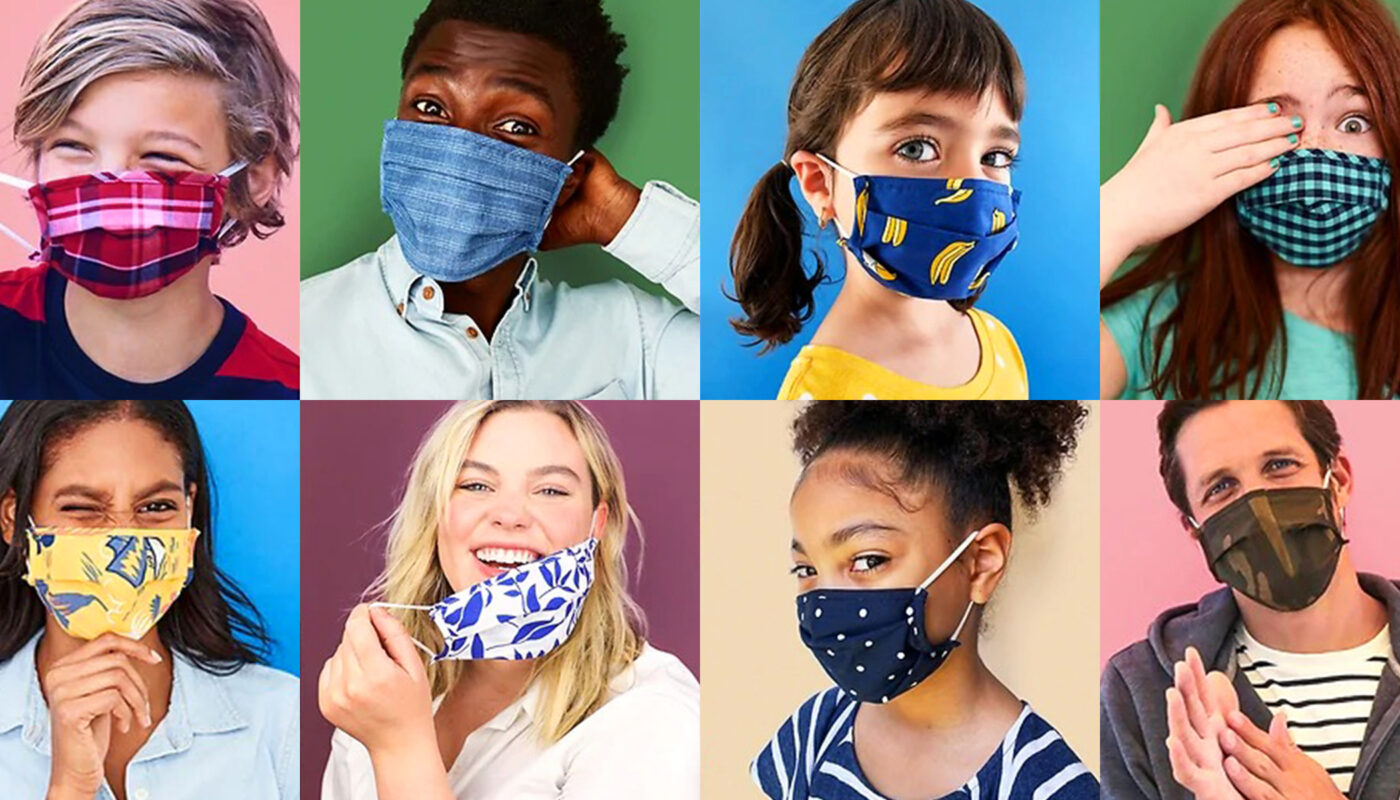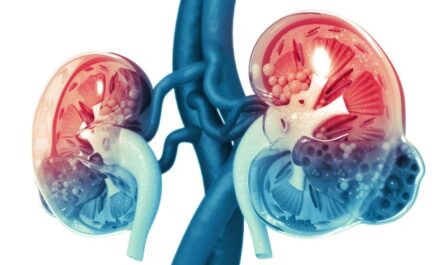A recent “Special Communication” article published in the journal JAMA Network Open has provided a comprehensive analysis of the current high-quality literature on the effectiveness of face masks in reducing the spread of the severe acute respiratory syndrome coronavirus 2 (SARS-CoV-2), the virus responsible for the COVID-19 pandemic.
During the early stages of the pandemic, when vaccines and treatments were not readily available, non-pharmacological measures such as wearing face masks, practicing hand hygiene, maintaining physical distance, and implementing movement restrictions played significant roles in controlling the spread of COVID-19.
The article summarizes the findings of various studies conducted throughout the pandemic, specifically focusing on the benefits of wearing face masks in reducing the transmission of SARS-CoV-2, a respiratory virus that primarily spreads through respiratory droplets and aerosols.
Two randomized controlled trials (RCTs) were conducted to investigate the efficacy of face masks in community settings during the pandemic. The first trial, conducted in Denmark, found inconclusive results, with face mask-wearing during outdoor activities showing a non-significant reduction in SARS-CoV-2 infection compared to not wearing masks. Potential factors such as other interventions and transmission primarily occurring within households could have influenced the outcomes.
The second trial, conducted in Bangladesh, found that wearing surgical masks in public places was associated with a modest but statistically significant reduction in symptomatic SARS-CoV-2 infection. Surgical masks were found to be more effective than cloth masks.
Due to ethical and feasibility constraints, it was challenging to conduct a sufficient number of RCTs on mask use during the pandemic. Observational studies, however, indicated that cloth masks, surgical masks, and N95 respirators are highly effective in reducing the transmission of respiratory droplets and aerosols. The protection is even greater when both the infected person and the exposed person wear masks, with N95 respirators providing the highest level of efficacy.
Observational studies also highlighted the effectiveness of masks in various settings such as aircraft, schools, households, and communities. Mask-wearing on aircraft proved to be particularly crucial in reducing the risk of SARS-CoV-2 transmission, with a 30% lower risk observed among masked individuals.
The impact of mask mandates on transmission rates was also analyzed, with studies showing a significant reduction in SARS-CoV-2 infections when mask mandates were implemented. Mask mandates in Germany were associated with a 45% reduction in infection incidence, while a cohort analysis in the United States indicated a 25% reduction in infections four weeks after the implementation of mask mandates.
Contrary to initial concerns, there is no scientific evidence to suggest that mask-wearing leads to a false sense of security or a decrease in the practice of other public health measures. In fact, studies have shown that mask-wearing is more effective than school closures in controlling the spread of infections among students.
Overall, the studies highlight the effectiveness of face masks as a crucial public health measure in controlling the transmission of SARS-CoV-2. These findings can inform the preparedness for future epidemics or pandemics caused by respiratory viruses.
*Note:
1. Source: Coherent Market Insights, Public sources, Desk research
2. We have leveraged AI tools to mine information and compile it




